HEALTHCARE THOUGHT LEADERS
-
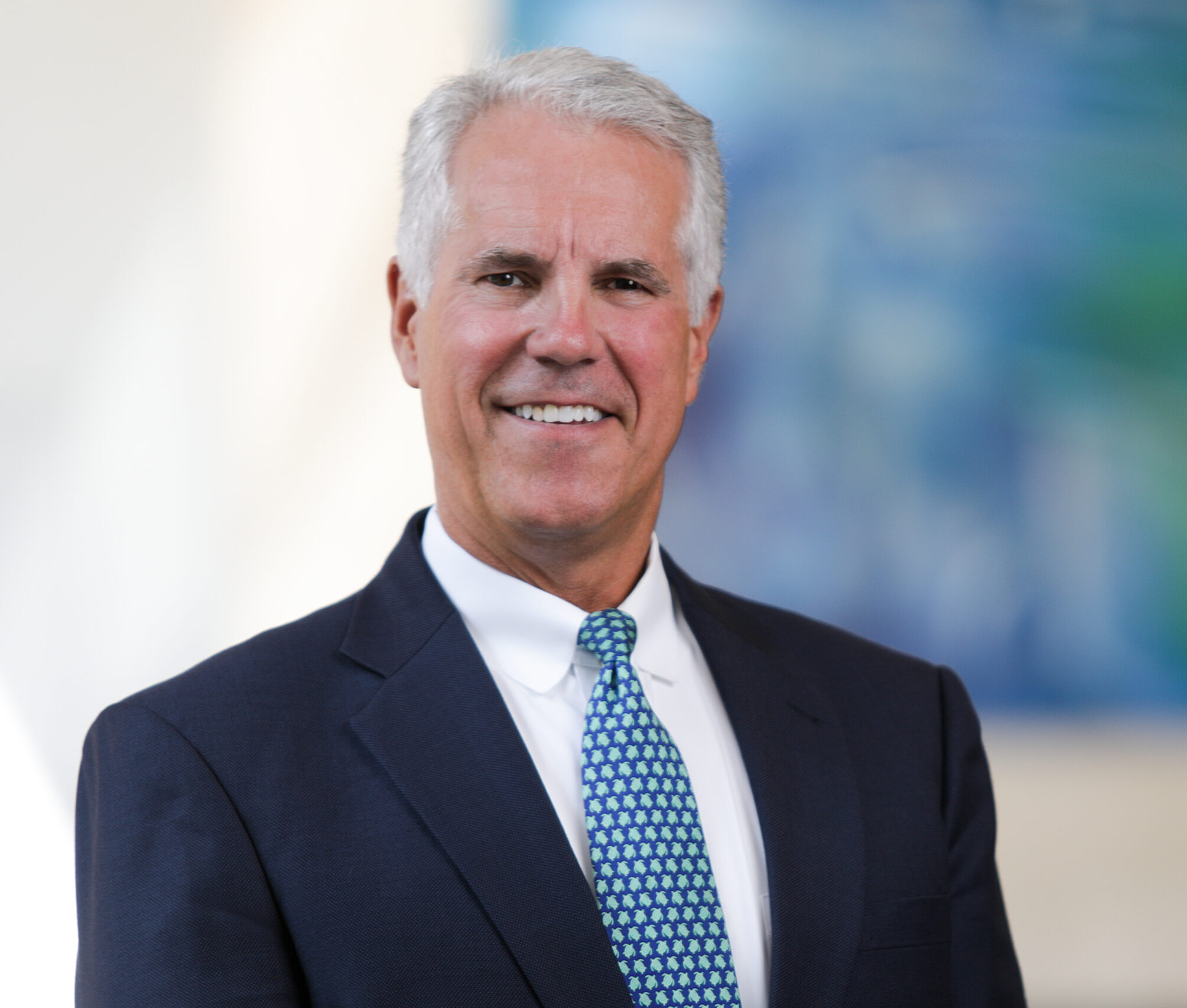
Chris is the CIO of MGB leading a team of 150 tasked with the commercial application of discoveries of its 75,000 employees. Responsibilities include investing, company creation, international consulting, innovation management, industry collaborations, licensing. Commercialization revenue exceeds $130 million/year & over 225 spin-offs.
Chris Coburn
Chief Innovation Officer, Mass General Brigham
-

As President of Mayo Clinic platform, Dr. Halamkato is transforming health care by leveraging AI, connected devices and a network of solution developers, data partners and healthcare service providers to create a healthier world where personalized, predictive and innovative care is accessible to all.
John Halamka
President, Mayo Clinic Platform
-

Gassen is president and CEO of Sanford Health, a $7.1 billion integrated health system serving communities across the upper Midwest. Gassen’s three pillars: patients, people and communities, with strategic goal to be the premier rural health system in US, with a commitment to ensuring the quality of care a person receives is not limited by their ZIP code.
Bill Gassen
CEO, Sanford Health
-

Rick Robinson is the VP & GM of The AgeTech Collaborative™ from AARP®, which brings together ecosystem of key stakeholders, united to improve people’s lives as they age. AARP is America’s largest nonprofit, nonpartisan organization dedicated to empowering Americans 50 and older to choose how they live as they age.
Rich Robinson
VP & GM, The AgeTech Collaborative from AARP
-
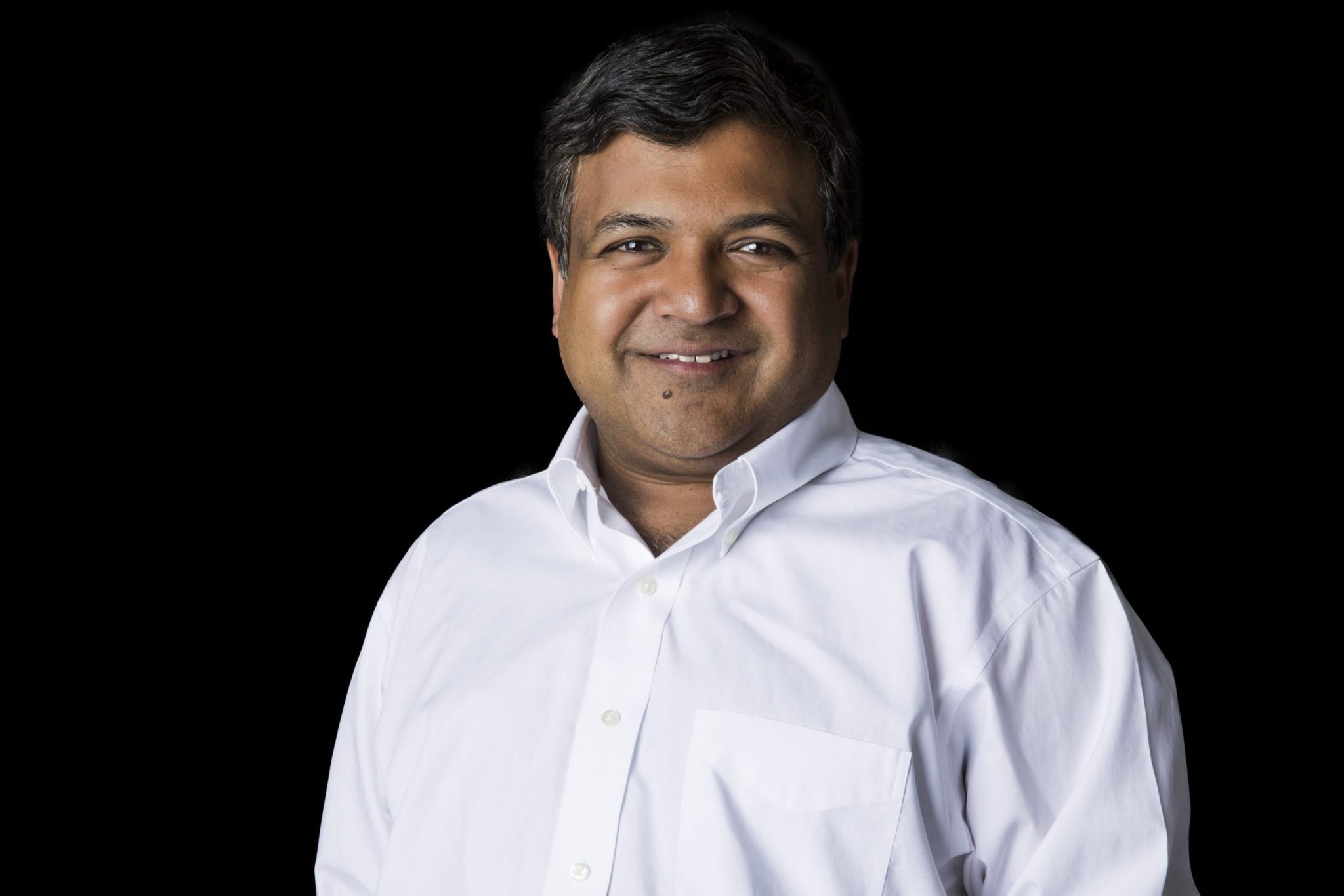
Dr. Fernandopulle was the co-founder and CEO of Iora Health, which was acquired by One Medical for over $2 billion in 2021 where he served as Chief Innnovation Officer. One Medical was subsequently acquired by Amazon in 2023 for nearly $4 billion.
Rushika Fernandopulle
Co-Founder, Iora Health
-

Dr. Longhurst is the chief clinical and innovation officer at UC San Diego Health. His responsibility includes executive oversight for the Offices of the Chief Medical Officer, Quality and Patient Safety, Care Management, Information Services, and the Jacobs Center for Health Innovation; Also executive director of the Joan & Irwin Jacobs Center for Health Innovation, an essential component of UC San Diego Health infrastructure.
Christopher Longhurst
Chief Clinical & Innovation officer, UC San Diego Health
-

Dr. François is the EVP & Vice Dean, Chief of hospital operations of NYU Langone. He oversees all patient care activity on the Manhattan campus, ensuring the highest levels of quality and safety. He previously served as chief medical officer and professor in the Division of Gastroenterology in the Department of Medicine.
Fritz François
EVP & Vice Dean, Chief of hospital operations, NYU Langone Health
-
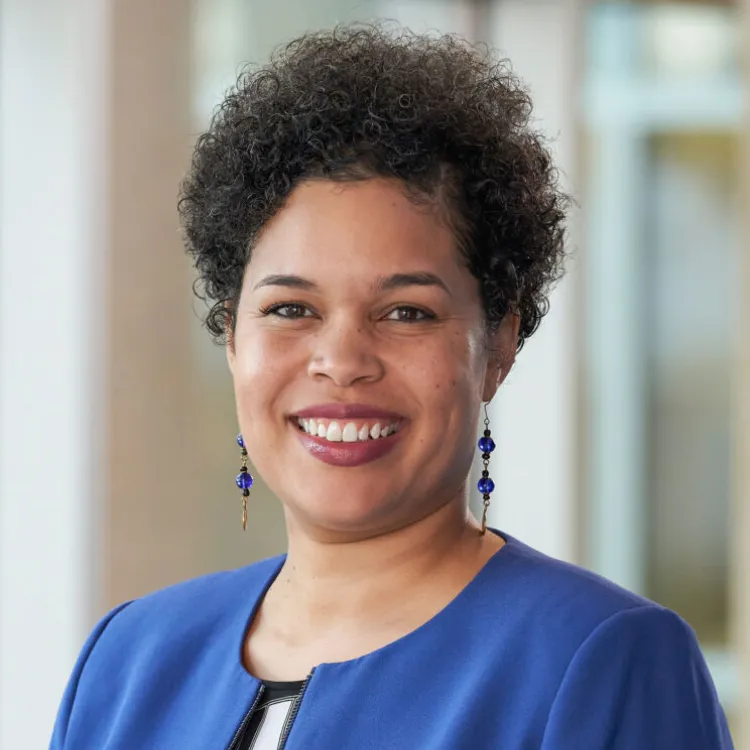
Chemu is the COO of Best Buy Health, leading the Operations and Quality & Regulatory functions. She is responsible for the Caring Centers, expanding the reach of our supply chain and operational ecosystem, driving a culture of quality and ensuring compliance of our offerings and medical devices. She also leads the health equity work for Best Buy Health.
Chemu Lang’at
Chief Operating Officer, Best Buy Health
-

Dr. Morris is the Chief Medical Information Officer for Google Cloud Healthcare and Life Science executive leadership, focused on delivering technology enabled services for customers. Before joining Google’s healthcare division, Dr. Will Morris was the Executive Medical Director of Cleveland Clinic Innovations.
William Morris
Chief Medical Information Officer, Google Cloud
-
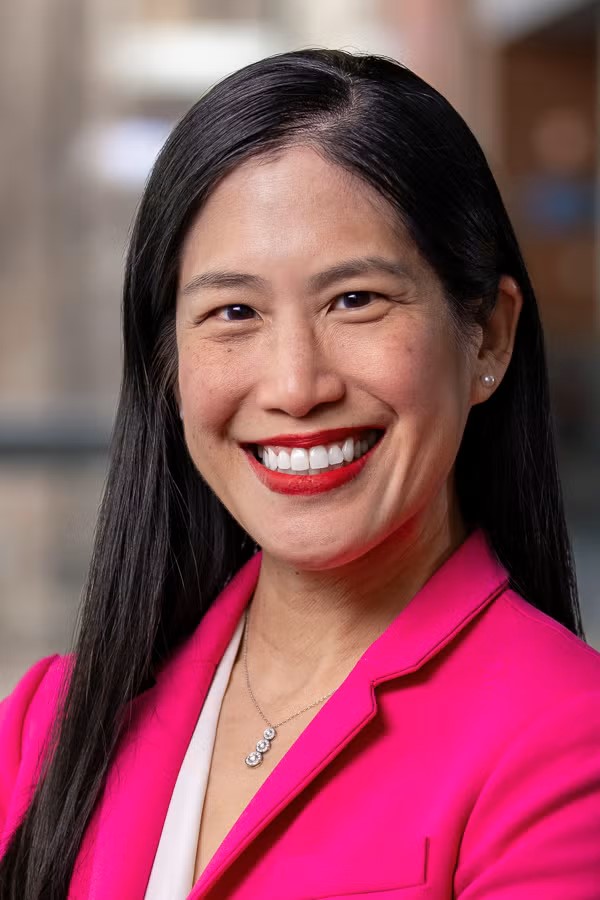
Cindy is SVP, Chief Strategy Officer, BMCHS, overseeing the health system’s strategic plan and priorities with an emphasis on healthcare innovation, growth, and community and behavioral health integration.
Cindy Bo
SVP & Chief Strategy Officer, Boston Medical Center Health System
-

Dr. Peine is the Vice President of Research and Technology in Medtronic’s Surgical Operating Unit. Bill leads Medtronic’s Robotics Technology Development Center.
Bill Peine
VP, Surgical OU, Medtronic
-

Michael is a cofounder of Flare Capital. Previously, Michael was the founding GP of Flybridge Capital Partners, and earlier in his career was with Polaris Partners, as well as held positions at Wasserstein Perella & Co. and Morgan Stanley & Co. Michael serves on various innovation and investment advisory boards.
Michael Greeley
Co-founder, Flare Capital
-

Luba is the managing partner of the Dana-Farber Cancer Institute venture fund, lectures at Harvard SEAS, and advises the Wyss Center. She a veteran biotech, digital health and tech investor and company builder, previously at Google Life Sciences (Verily) and Roche. Luba has led $5B+ in deals and investments across multiple tech sectors.
Luba Greenwood
Managing Partner, Dana-Farber Cancer Institute Fund
-
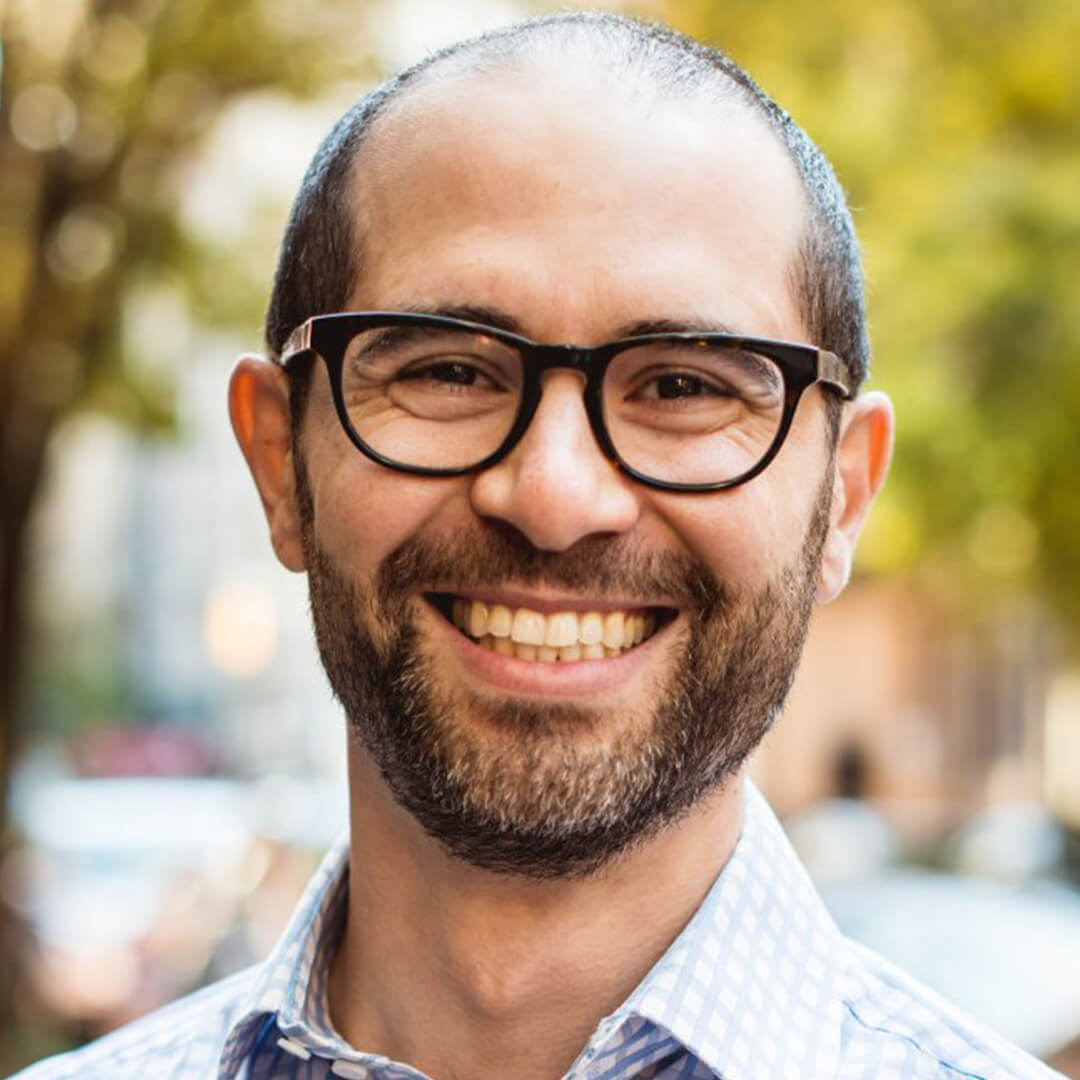
Jon is the SVP of Innovation for CCA and MD of Winter Street Ventures, CCA’s healthcare innovation accelerator and venture investment affiliate. His team leverages and deploys capital into new approaches, products and technologies to enhance care coordination and delivery, as well as identifies and supports internal CCA innovations.
Jonathan Gordon
Former SVP, Commonwealth Care Alliance
-

Kerrie was with Optum as their first technology fellow, focusing on advancing UnitedHealth Group in AI, ML, deep learning, graph tech, IoT, blockchain, virtual assistants and genomics. Previously, he was VP and CTO at Cisco, as well as a fellow and master inventor with IBM.
Kerrie Holley
Former SVP, Optum
-

Victor joins Jackson Square Ventures after spending 10 years as a founder and operator of marketplace businesses in healthcare, labor, hardware, and ecommerce. Having experienced successes and failures alike, he loves helping founders of early stage companies build early traction and tackle scaling challenges.
Victor Echevarria
Partner, Jackson Square Ventures
-
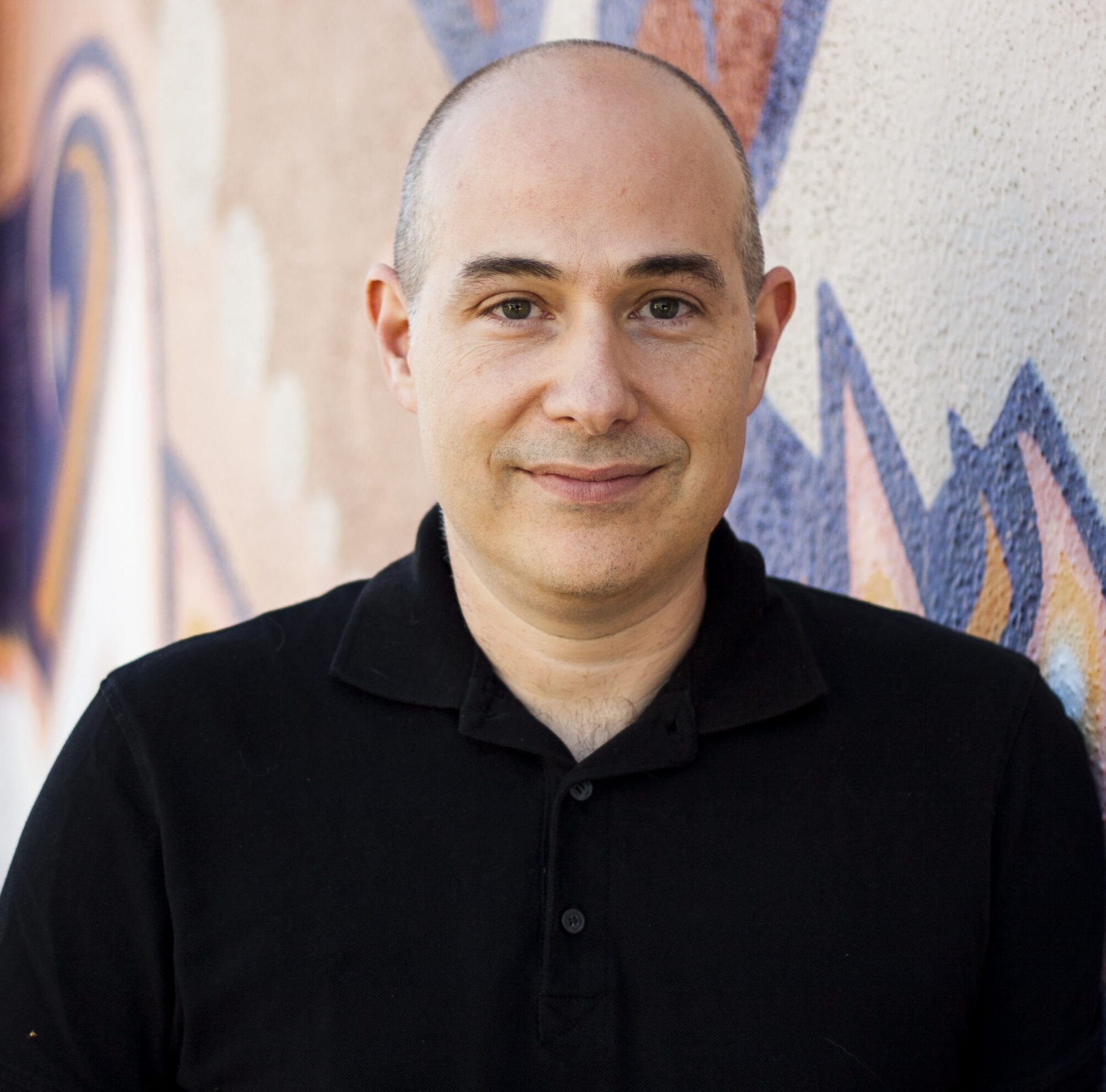
David is an investor and serial entrepreneur. In 1995, David co-founded Firefly, which was acquired by Microsoft in 1998. David later co-founded PeoplePC, which went public in 2001 and was acquired by Earthlink in 2002. In 2005, David co-founded SpotRunner to revolutionize the way advertising was created, planned, bought and sold.
David Waxman
Managing Partner, TenOneTen Ventures
-
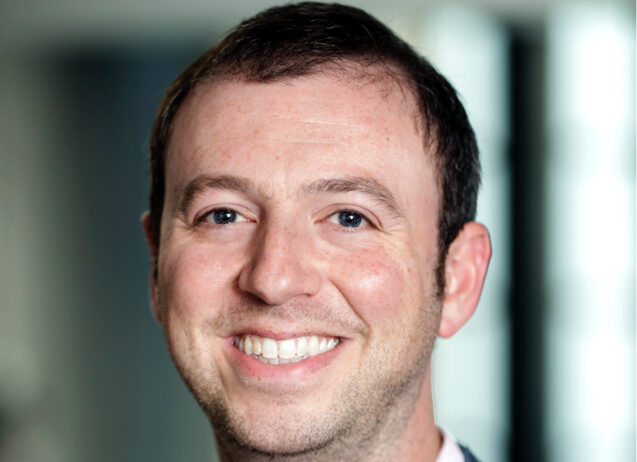
Matt is the Managing Director of the Techstars Los Angeles Accelerator. Previously he was the founding and Managing Director for both the Techstars Starburst Space Accelerator and The Cedars-Sinai Accelerator in Partnership with Techstars. He has invested in close to 50 rapidly growing deep tech and healthcare tech companies.
Matt Kozlov
Managing Partner, Techstars




I see that a hand hygiene startup Pathspot already existed before covid! The founder should say how much revenue have they seen rising since COVID for them?
for me, these startups are all quite impressive. but how can they grow into unicorns are to be seen. maybe that is what this site should do.
Cool stuff! These entrepreneurs are impressive. some already are venture backed with millions. but I think all these companies should tell us more about how they differentiate from their competitors, as some are in very crowded space. The company clearstep, there are already unicorns in the space, how will they compete? The Juli, is in for the hot space of chronic disease management where many startups are in, how they stand out?
great work! Look forward to seeing more exciting innovators!